Exactly one year ago, Cadillac announced plans to give its vehicles a torque-based nomenclature to designate the engine under the hood. Today, the entire Cadillac model range currently in production has completed the migration.
The new naming scheme replaces the displacement-based format used over the past decade or so (2.0T, 3.6, 3.0TT) with a badge that denotes the vehicle’s torque rating in Nm (Newton Meters), generously rounded to the nearest 50. A “T” after the badge (like 350T) denotes turbo-charging. All 2020 model year Cadillac models will get the designation, except for V-Series models, which simply wear the V badge.
In Cadillac’s 2021 lineup, the badges on the back of the vehicle – positioned either on the decklid (on sedans) or on liftgates (on SUVs) – range from 350T to 800T. Other designations include 400, 500T, 550T, 600, and 600D for the Escalade diesel. A cursory glance at these figures provides an all-encompassing perspective on the new nomenclature.
We’ve compiled the below table to illustrate the complete lineup.
| Model | Engine | Power (hp / kW @ RPM) | Torque (lb-ft / Nm @ RPM) | Designation |
|---|---|---|---|---|
| CT4 | 2.0L Turbo I4 LSY | 237 / 177 @ 5000 | 258 / 350 Nm @ 1500-4000 | 350T |
| CT4 | 2.7L Turbo I4 L3B | 309 / 231 @ 5600 | 348 / 472 @ 1800 | 500T |
| CT4-V | 2.7L Turbo I4 L3B | 325 / 242 @ 5600 | 380 / 515 @ 1800 | V |
| CT5 | 2.0L Turbo I4 LSY | 237 / 177 @ 5000 | 258 / 350 @ 1500-4000 | 350T |
| CT5 | 3.0L Twin-Turbo V6 LGY | 335 / 250 @ 5600 | 400 / 542 @ 2400-4400 | 550T |
| CT5-V | 3.0L Twin-Turbo V6 LGY | 360 / 265 @ 5600 | 405 / 550 @ 2350-4000 | V |
| CT6* | 3.6L V6 LGX | 335 / 250 @ 6800 | 284 / 385 @ 5300 | 400 |
| CT6* | 4.2L Twin-Turbo V8 LTA | 500 / 373 @ 5000 | 574 / 778 @ 3400 | 800T |
| CT6-V | 4.2L Twin-Turbo V8 LTA | 550 / 410 @ 5000 | 640 / 867 @ 3400 | V |
| XT4 | 2.0L Turbo I4 LSY | 237 / 177 @ 5000 | 258 / 350 @ 1500-4000 | 350T |
| XT5 | 2.0L Turbo I4 LSY | 237 / 177 @ 5000 | 258 / 350 @ 1500-4000 | 350T |
| XT5 | 3.6L V6 LGX | 310 / 231 @ 6600 | 271 / 367 @ 5000 | 400 |
| XT6 (China) | 2.0L Turbo I4 LSY | 237 / 177 @ 5000 | 258 / 350 @ 1500-4000 | 350T |
| XT6 (North America) | 3.6L V6 LGX | 310 / 231 @ 6600 | 271 / 367 @ 5000 | 400 |
| Escalade Gasoline | 6.2L V8 L87 | 420 / 313 @ 5600 | 460 / 623 @ 4100 | 600 |
| Escalade Diesel | 3.0L Turbo I6 LM2 | 277 / 207 @ 3750 | 460 / 623 @ 1500 | 600D |
- * Model discontinued
This new naming scheme will also be used for the future electric Cadillac model range, but Cadillac EVs will have a letter after the number. What that letter will be is currently unclear, and executives have been coy on divulging that information.
Speaking of electric Cadillacs, the luxury automaker rolled out two EV concepts this week – the Lyriq and Celestiq. Shown a special event that didn’t allow photography, the Lyriq is a crossover roughly the size of the XT5 while the Celestiq is a hand-built flagship sedan. We’ll have more on both models in the very near future, so be sure to subscribe to Cadillac Society for ongoing Cadillac news coverage.

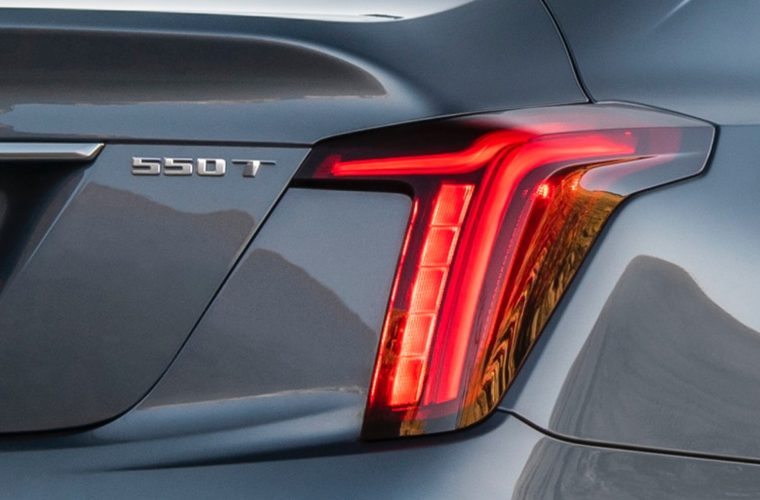


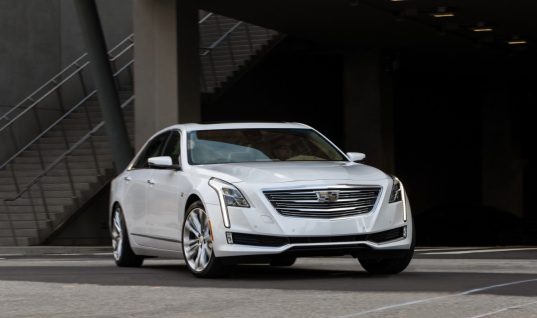
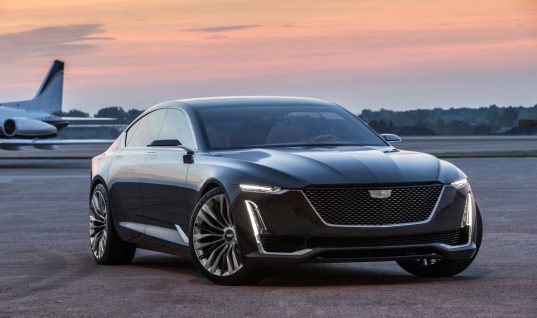
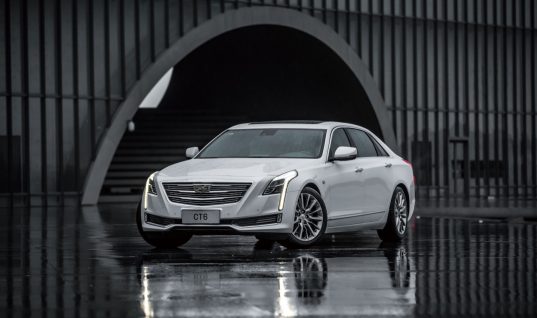
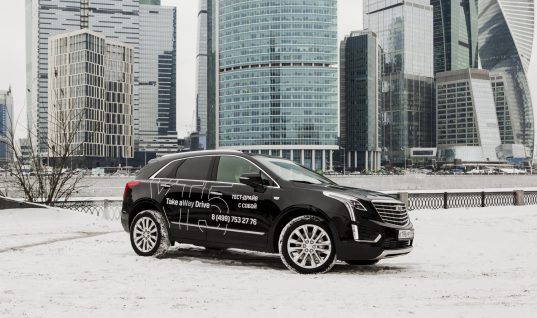
Nabil Hamade
It would have been better if the CT5 had more power with its 2.0 turbo. Comparing it to the BMW 330, its gutless. Nevertheless, if someone is looking for luxury, nice ride, the CT5 is a great vehicle, very good looking as well..
Greg
Gutless? The 2 litre turbo in the Cadillac has all of 18 fewer horses. The Cadillac base price is also $3K lower.
Nabil Hamade
BMW: 255HP, 295 LB-FT. Cadillac CT5: 237HP, 258 LB-FT.
I totally agree it is cheaper, totally!
However, the ATS had plenty of power at 275 HP and 295 LB-FT. I just wish they did use that engine or at least made the 2.7T on the CT4 as a base engine for the CT5.
I love the CT5, don’t get me wrong, and I am a little biased to it as I sell it… however, I want to see Cadillac prevail…
Alex Luft
An extremely few who buy the base powertrain combination of these vehicles will know how much power is made, or care. If they tell you they care about that stuff, they are an outlier. They will, however, notice how smooth the vehicle is as a whole, how it makes them feel when they drive it, etc. etc.
Case in point: the ATS 2.0T made the most power in its segment. It didn’t help it sell any better.
The only time the power/torque figures actually do matter is in the upper performance variants, such as the CT5-V and the next-level CT5-V. Those are purchased by people who look at the specs, and are cognizant of them. This is a very different customer than the ones who buy the entry-level engine configuration.
Frank Kerze
GM is still “Badge Engineering” their vehicle lineup like they did in the 1950’s – 2010’s. The same Chassis, Engine, Interiors, Wiring Harnesses, ECM (Engine Control Modules), PCM (Power Ctrl Mod), BCM (Body Ctrl Mod), TCM (Transmission Ctrl Mod), AC Delco Radios, Infotainment Systems, EV Battery Modules etc are being utilized across all lines from Cadillac to Chevrolet and truck based vehicles, really nothing new and exciting!
Paul
This is about the dumbest thing they’ve done in a while.
BOB TETREAULT
Cadillac’s new torque-based badges leave me cold, to say the least. In my opinion, very few people know what “torque” is and those that do know almost always refer to it being measured in pound-feet, not Newton Meters.
What the heck were the Caddy people thinking of?
Greg
What were they thinking? They are thinking ahead.
The torque badging is precursor to Electric powerplants. These do not have “displacement” or size as such. The difference between individual electrics is their output. The “T” number is a way of expressing this.
BOB
I agree with the inevitable transition to EV’s for automobiles in general, but torque has nothing to do with engine displacement. Torque is a measure of the twisting force that an engine produces whether it is gas, diesel or electric. For example, a Tesla S is rated at 503hp and 487 lb-ft of torque.
Frank Kerze
Remember the GM Diesel (circa 1978) Cadillac 1982? [V8-6-4] (Hilarious) Cimarron, Allante, That Opel look-a-like (Pre-CTS), XLR, etc.